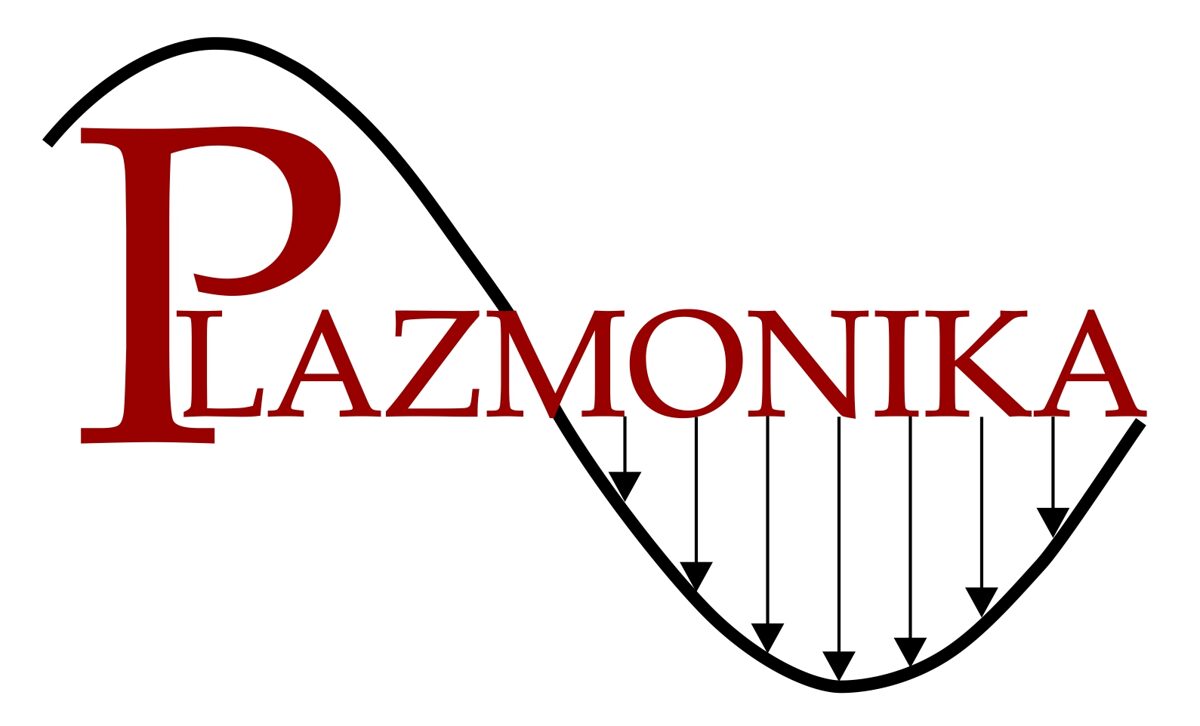GOLD NANOPARTICLES
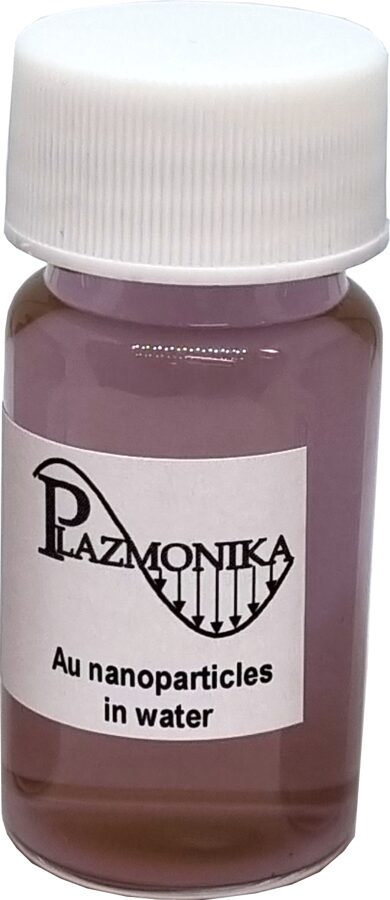
DESCRIPTION
Material: Gold
Solution: Water
Size: 10-50 nm
Price: on request
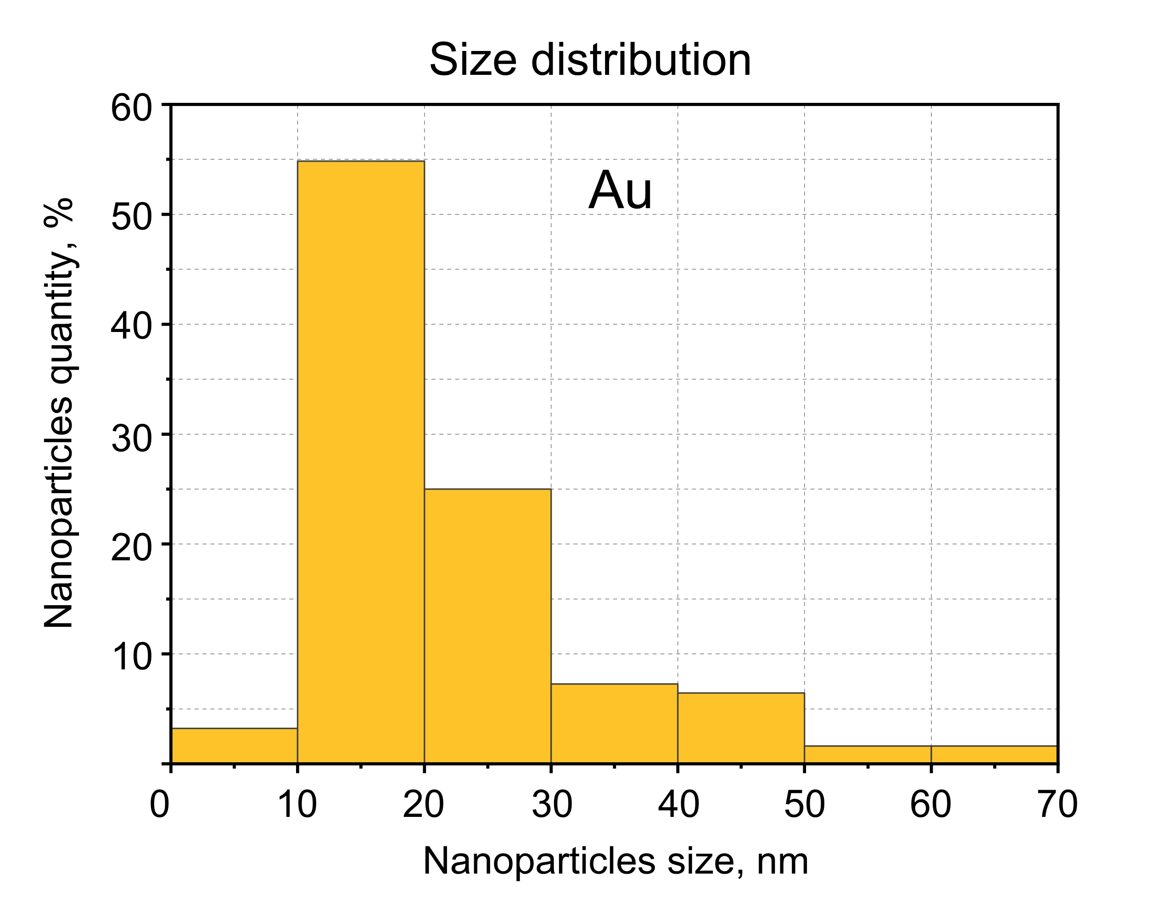
Figure 1. Typical size distribution of Au Nanoparticles in water.
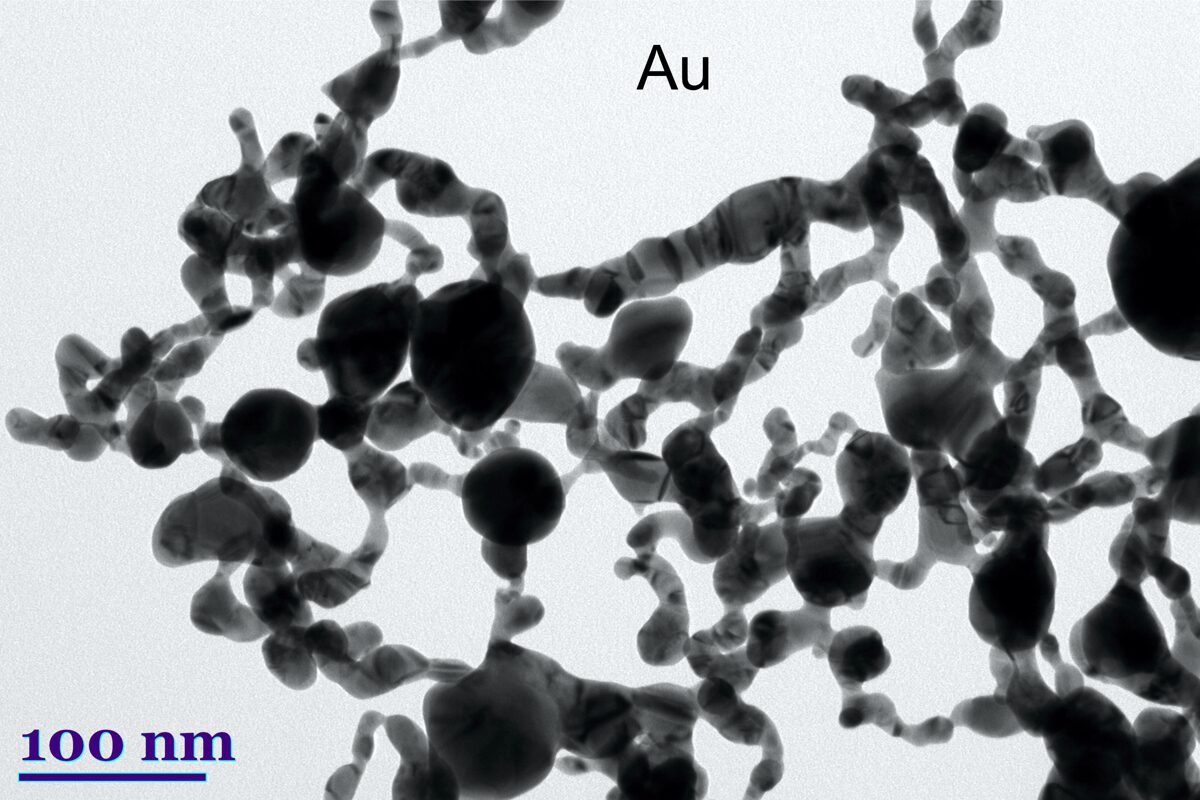
Figure 2. TEM image of Au Nanoparticles in water.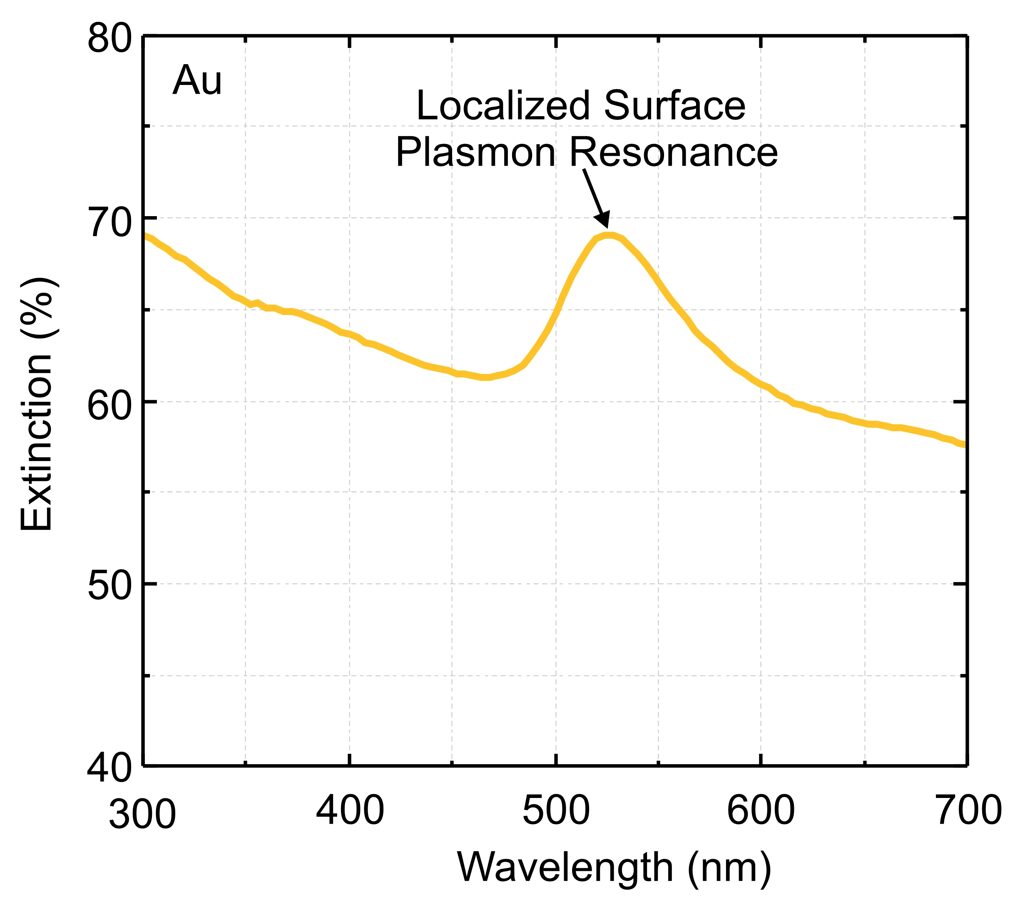
Figure 3. Extinction spectra of Au Nanoparticles in water.
Silver Nanoparticles
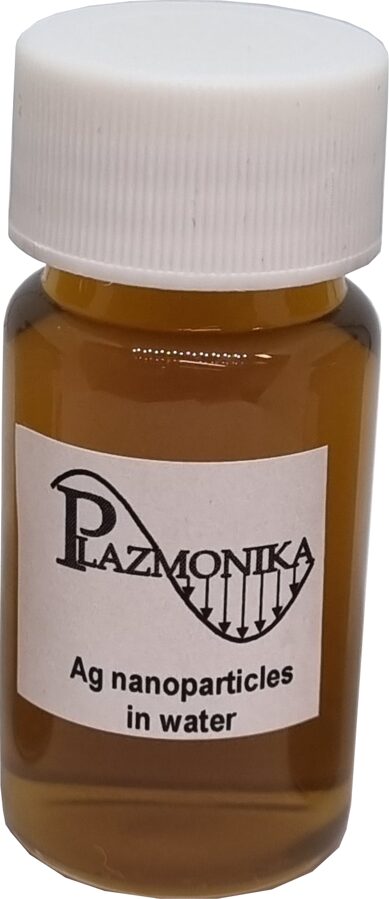
DESCRIPTION
Material: Silver
Solution: Water
Size: 10-50 nm
Price: on request
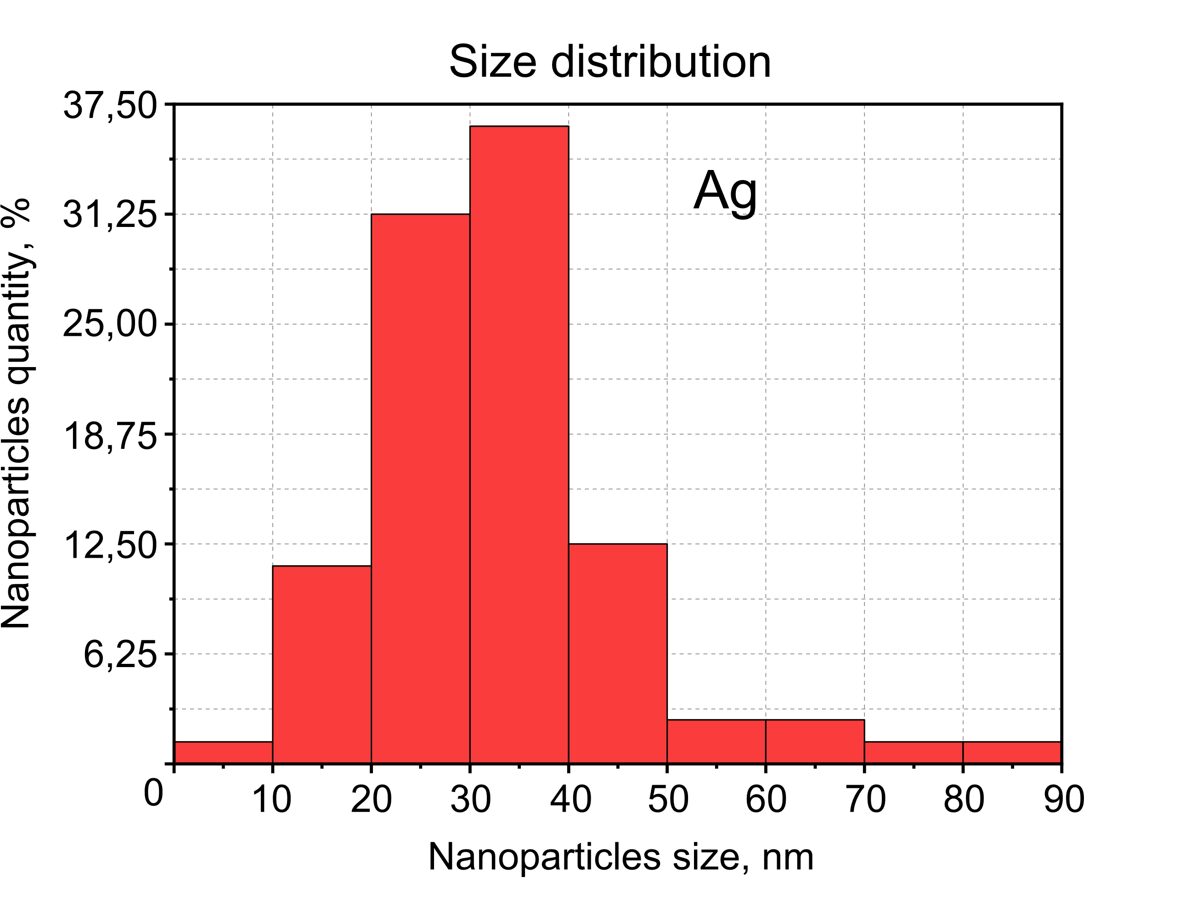
Figure 4. Typical size distribution of Ag Nanoparticles in water.
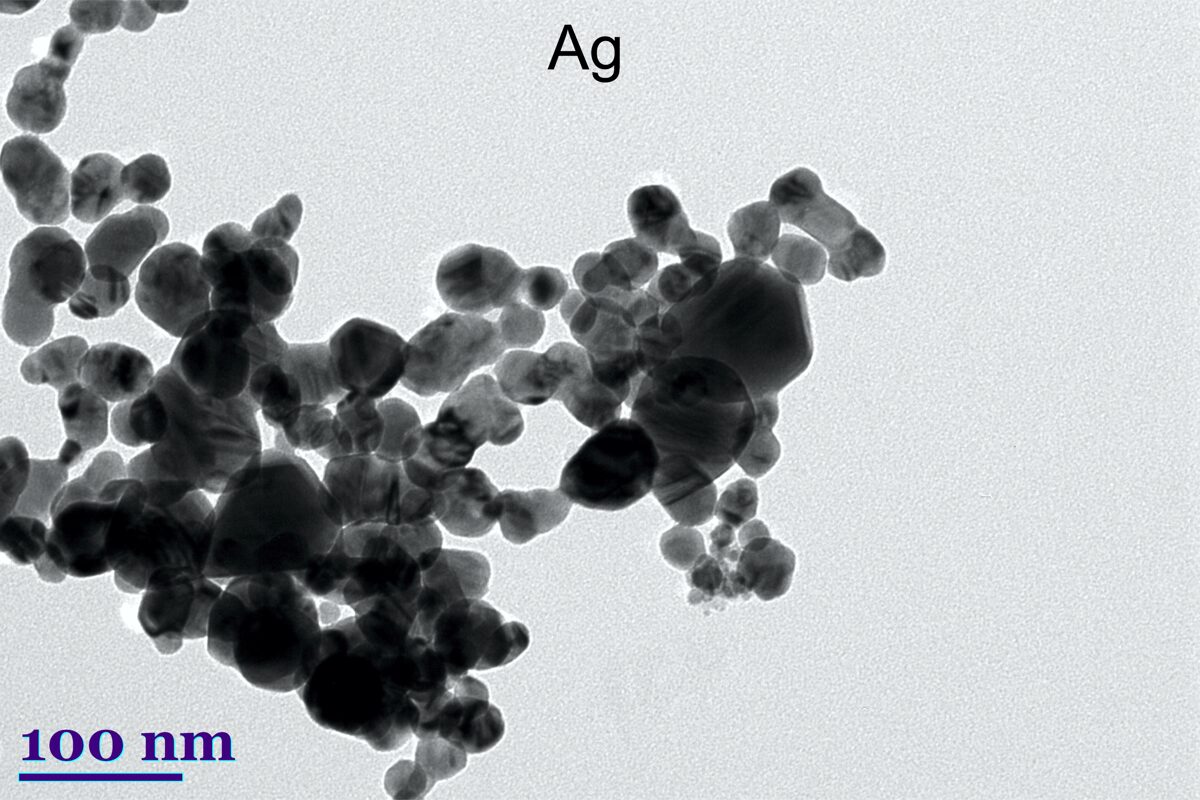
Figure 5. TEM image of Ag Nanoparticles in water.
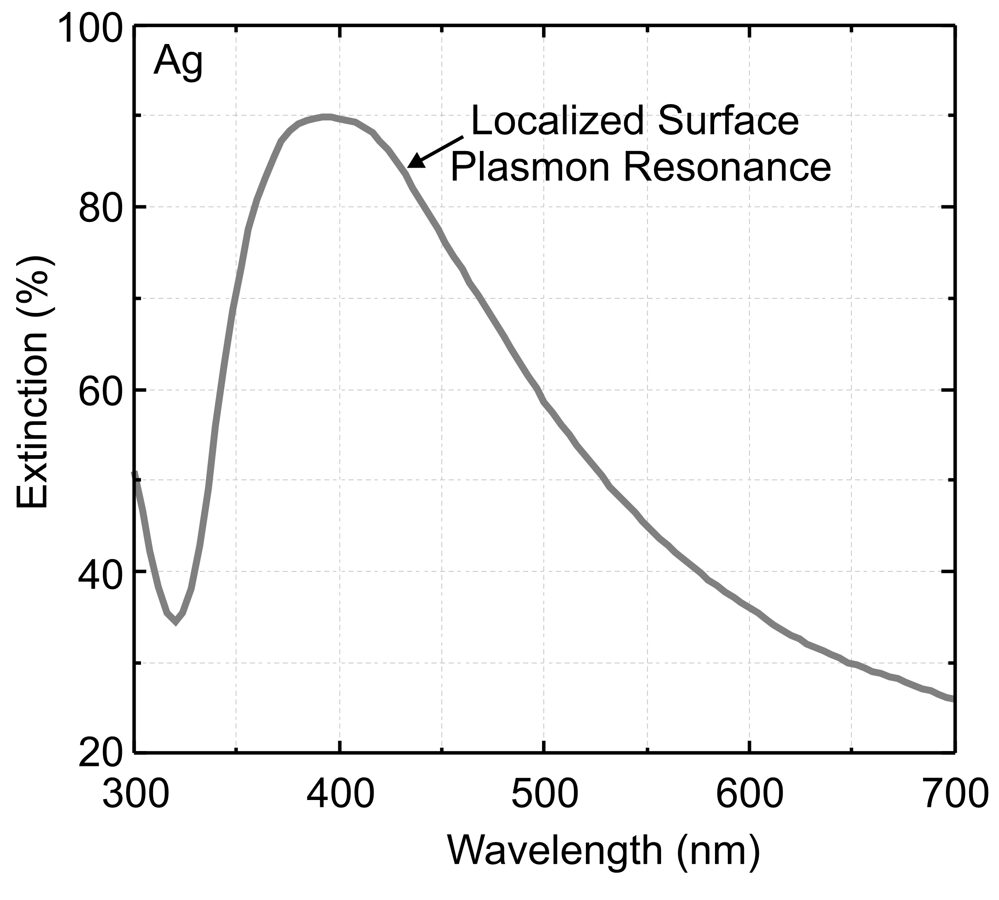
Applications of Nanoparticles
- Raman spectroscopy
- Fluorescence spectroscopy
- Electrochemical sensors
- Cancer diagnostic and treatment
- Drug delivery
- High-sensitivity biomolecular detection
- Catalysis biosensors
- Biomarkers
- Medicine
- Cosmetics
- Solar cells
- etc.
Localized surface plasmon resonance
When the metallic nanoparticle is irradiated with light, the oscillating electric field causes the coherent oscillation of the conduction electrons on the side of the nanoparticle. The relative displacement of the electron cloud from its original position results in a restoring force due to Coulombic attraction between negative and positive charged areas (Figure 7). This external electric field and the restoring force lead to the oscillation of the electron cloud, which is called plasmon resonance frequency and depends on the shape, size, refractive index of the surrounding material, and dielectric constant of the nanostructure.
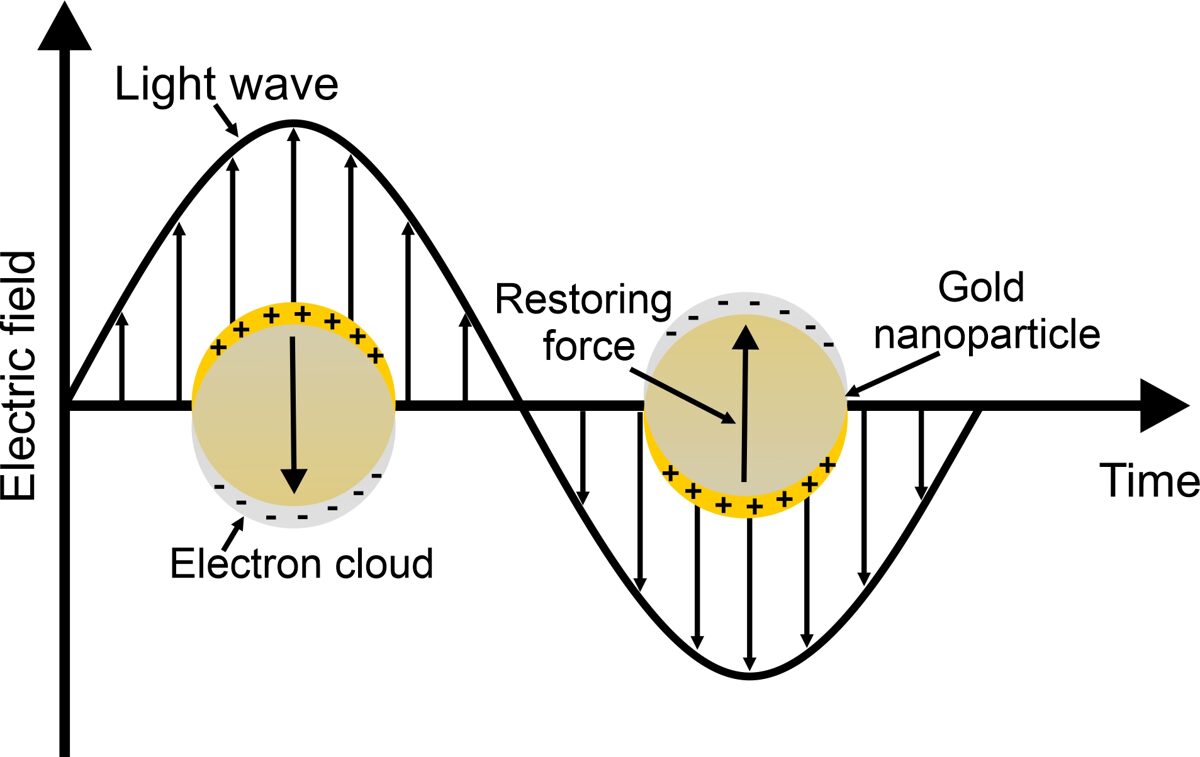
Figure 7. Principle of localized surface plasmon resonance.
